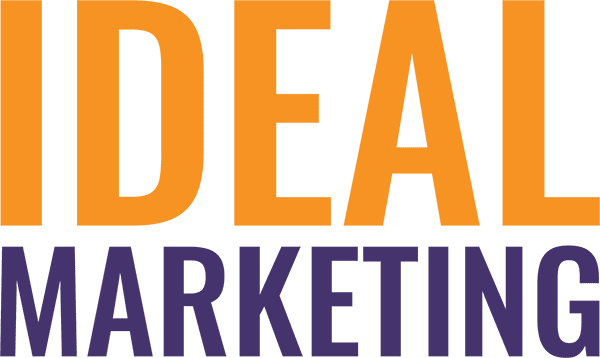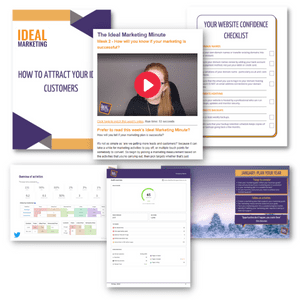Run time: 56 seconds
Prefer to read this week’s Ideal Marketing Minute?
Is it ethical to use nudge theory in your marketing? Nudge theory preserves choice and promotes positive action, but who defines ‘positive action’? While its benefits in health, medicine, and economics are clear, its use in marketing often aims to boost conversion rates, speed up decisions, and increase order sizes. This benefits businesses, but is it equally good for consumers?
Much like hypnotism, you can’t make someone do something they don’t want to do using Nudge Theory. The problem is that you can want to save money and splurge on a new item simultaneously. Our brains are complex. Typically, our logical pre-frontal cortex makes rational decisions, while the emotional side gives in to urges when the pre-frontal cortex is low on energy. Nudge Theory relies on behavioural biases that our more emotional ‘chimp brain’ relies on when tired or at the end of the day.
So, is this ethical? Much like our brains, it’s largely a grey area. So I encourage you to understand how behavioural biases might be backfiring in your marketing, be more aware as a consumer and ensure that if you do use Nudge Theory, it is with authenticity.
Next week is a new month and we’re looking at what your customers value about you.
Resources
Register for our webinar in August The Nudge Effect: Psychological Strategies for Effective Marketing.
Join the Ideal Marketing Minute
This video was made for the Ideal Marketing Minute – A weekly email that asks a key question about your marketing and business that you can review in under a minute. Make sure you don’t miss another email by signing up here. You’ll also be able to view previous emails and access the resources for this video.







